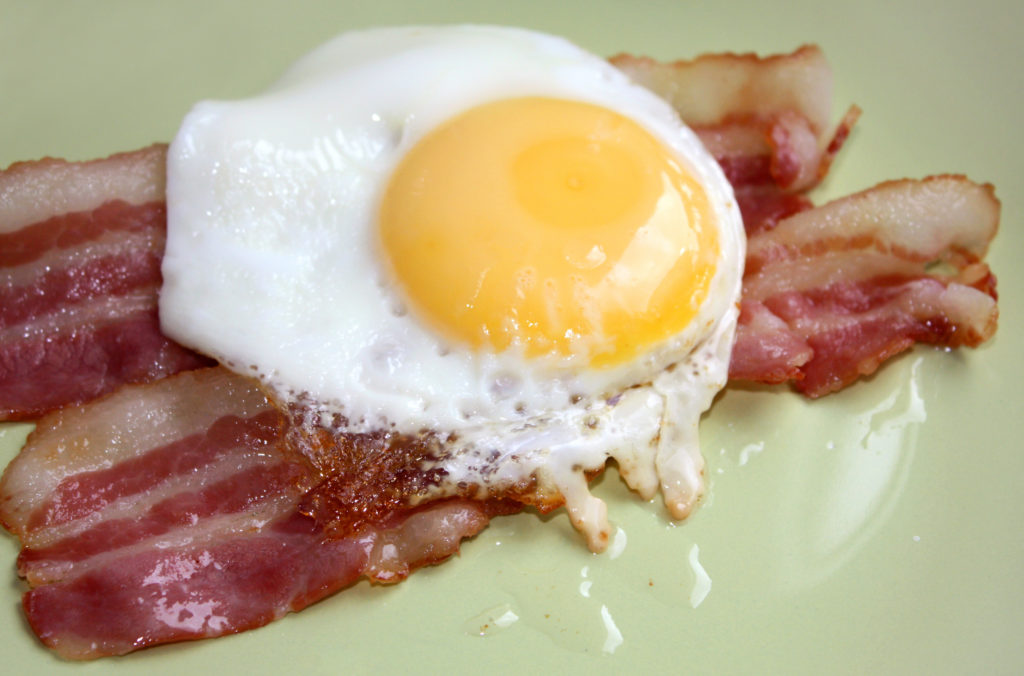Quick Hits
Daily brief research updates from the cognitive sciences

Ihave written multiple times about the gut-brain connection in multiple ways including the impacts of the microbiome and gut-brain axis on various cognitive, physical, and mental health factors. But this latest research is also a surprise.
When it comes to unhealthy eating many of us would assume it is down to taste and natural biological desire for certain types of foods. But researchers at Columbia University have discovered an entirely new connection – not in the mouth but in the gut.
This comes from research into mice and feeding them with different liquids. Firstly, one that had dissolved fats in it and one another that included sweet substances but that were known not to affect the gut. Under normal circumstances one would assume that both would drunk in equal quantities but the one with fats in it was preferred.
When this was then tested on mice that had no sense of taste (genetically modified, yup, weird I know). They also preferred the liquid with dissolved fats in it showing that taste had nothing to do with this desire.
The researchers then searched for the mechanisms by scanning the brains of the mice while or after drinking the fatty liquid. They found an area in the brain that responded to fats with neurons in an area called the caudal nucleus of the solitary tract (cNST) activating to the fat. This area is also involved in sugar preference.
They then looked at the connections to the gut and found that two types of cells in the lining of the intestines that responded to fat. One seems to be general cell responding to fat, but also sugar, and proteins, the other only responding to fats. These then connect to the vagus nerve which relays the messages to the brain.
This obviously opens up new avenues of research to deal with things like cravings for fatty, or high-calories foods, and other avenues to fight obesity.
It is also another one to show that the gut is extremely important and that the gut-brain axis is not to be underestimated. And now you can also just blame your gut – and your brain for your cravings.

Andy Habermacher
Andy is author of leading brains Review, Neuroleadership, and multiple other books. He has been intensively involved in writing and research into neuroleadership and is considered one of Europe’s leading experts. He is also a well-known public speaker, speaking on the brain and human behaviour.
Andy is also a masters athlete (middle distance running) and competes regularly at international competitions (and holds a few national records in his age category).
References
Mengtong Li, Hwei-Ee Tan, Zhengyuan Lu, Katherine S. Tsang, Ashley J. Chung, Charles S. Zuker.
Gut-Brain Circuits for Fat Preference.
Nature, 2022
DOI: 10.1038/s41586-022-05266-z
More Quick Hits
Why Heat Makes Us Sleepy
Imagine if you are working and your stress levels are increasing, and then automatically soothing music is turned on to calm you down. Or alternatively if you are heading towards that after lunch dip of drowsiness and upbeat energetic music is turned on to energise you.
Tracking Mental States Through Your Skin – In Real Time
Imagine if you are working and your stress levels are increasing, and then automatically soothing music is turned on to calm you down. Or alternatively if you are heading towards that after lunch dip of drowsiness and upbeat energetic music is turned on to energise you.
Testosterone Promotes Cuddling
Quick HitsDaily brief research updates from the cognitive sciences es, you read the headline correctly. Testosterone considered the ultimate male hormone and often associated with aggression has had a bad rap. So, is all of this wrong? Well, the...
Online Learning Triggers Different Stress Responses
Quick HitsDaily brief research updates from the cognitive sciences ot so long ago all learning went online – out of necessity. There has been plenty pf research into differences in online learning and in-person learning but this study by Gellisch...
Use It Or Lose It – Mental Activity Reduces Dementia
Quick HitsDaily brief research updates from the cognitive sciences regularly write on which activities reduce risks of cognitive decline (just last week I reported on how your job can protect your mental abilites with age and also doing household...
Why Thinking Makes You Tired
Quick HitsDaily brief research updates from the cognitive sciences e all know that feeling of having engaged in hard cognitive, thinking, tasks, and feeling tired. If it goes on long enough, we may feel mentally fatigued, drained, or even...






